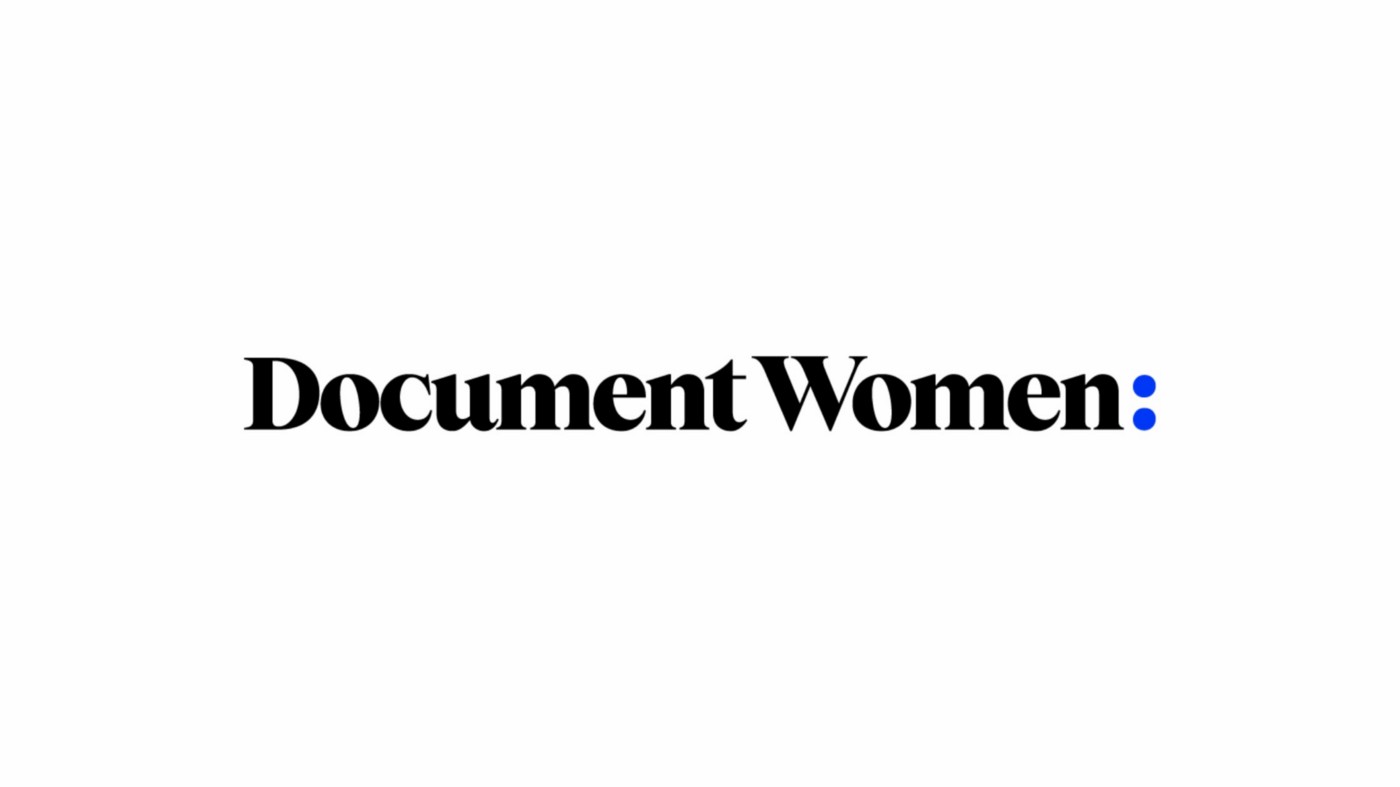Share This Article
On the 8th of March 2021, Document Women began telling women’s stories. International Women’s day is dedicated to celebrating the social, economic, cultural, and political achievements of women and; it marked the start of our journey documenting women.
UNESCO states, “International Women’s Day is an occasion to celebrate the progress made towards achieving gender equality and women’s empowerment but also to critically reflect on those accomplishments and strive for a greater momentum towards gender equality worldwide. It is a day to recognize the extraordinary acts of women and to stand together, as a united force, to advance gender equality around the world.”
One year later, Document Women is unwavering in our goal to immortalise women by telling their stories and sharing their accomplishments. Since its inception, Document Women has sought to combat the systemic erasure of women and other marginalised groups throughout history. We do this by documenting them and their lived experiences as best we can and, as we cross the one-year threshold, our goals have not changed; if anything, our zeal is renewed.
Observed on 8 March each year, International Women’s Day is dedicated to raising awareness of the importance of women’s equality and fundraising for women-focused charities.
It was officially recognised by the United Nations in 1975 and has since been celebrated in more than 80 countries worldwide.
For this year, its theme is to #BreakTheBias, urging people to “imagine a gender-equal world” free of biases, stereotypes and discrimination against women.
Document Women has published 333 articles and documented numerous women. Through our articles and podcast episodes, we continue to further feminist theory and tell stories of Arewa women, members of the LGBTQ+ community and share profiles of iconic women.
Our collaboration with women and women-focused organisations has been to advance our collective cause; the improvement of life and living of women as a collective. We have and will continue to use our platform to amplify the voices of black women in art, music, journalism and, through our book club, the voices of women writers too.
When I joined the Document Women team, Kiki Mordi ensured that all the staff had an understanding of her vision. We knew the gravity of the work ahead of us and we knew it had to be done well.
Document Women is a humble team of 18 people; 16 women and 2 men, all passionate about the advancement of women’s rights.
Living and working in Nigeria each week presented us with reminders as to the importance of writing our history.
As our first anniversary drew close, I asked the members of the team what Document Women means to them.
H, our editor, loves working for Document Women. She says, “knowing that your pursuit for the protection and empowerment of women is understood on a personal level by every other member of your team helps.” She adds that the platform would serve as a focal point for other women-focused exploits.
Tobi, author of The Stack Journal, thinks chronicling women is necessary for the society we live in. “It is so important that women’s lives and what they do are accurately reported. From time immemorial, men have been taking credit for many things that women do. Women have been dismissed, pushed aside, cheated, disenfranchised.”
“Document Women is a platform where girls can learn about iconic women and be aware that they can do all that and more. It sounds cheesy but it’s true. I’m grateful that this exists and I can only hope that it gets bigger and becomes a global movement.”
To Oiza, who keeps the lights running in the building, Document Women is an awesome company where we battle the erasure of women, particularly in media. “We share stories of women from all walks of life and I am absolutely psyched about what we do and amazed at what we’ve done after one year. The effort everyone puts into their work is remarkable.”
Aisha, our resident Arewa writer, has always considered Document Women as a space where women are celebrated and seen for the incredible work that they do. “I’m glad that I get to be a part of the process of putting great women in the spotlight and highlighting women’s stories. I think the work we do is essential. History has been objective for so long excluding women and women’s stories, especially in Nigeria. We know a lot about great men but what about the women? Those who did extraordinarily and those who didn’t because I believe they’re equally important to talk about.”
Document Women’s goals have not shifted, our vision has not changed. Our first year has only served as further inspiration to continue to dedicate ourselves to documenting women.


